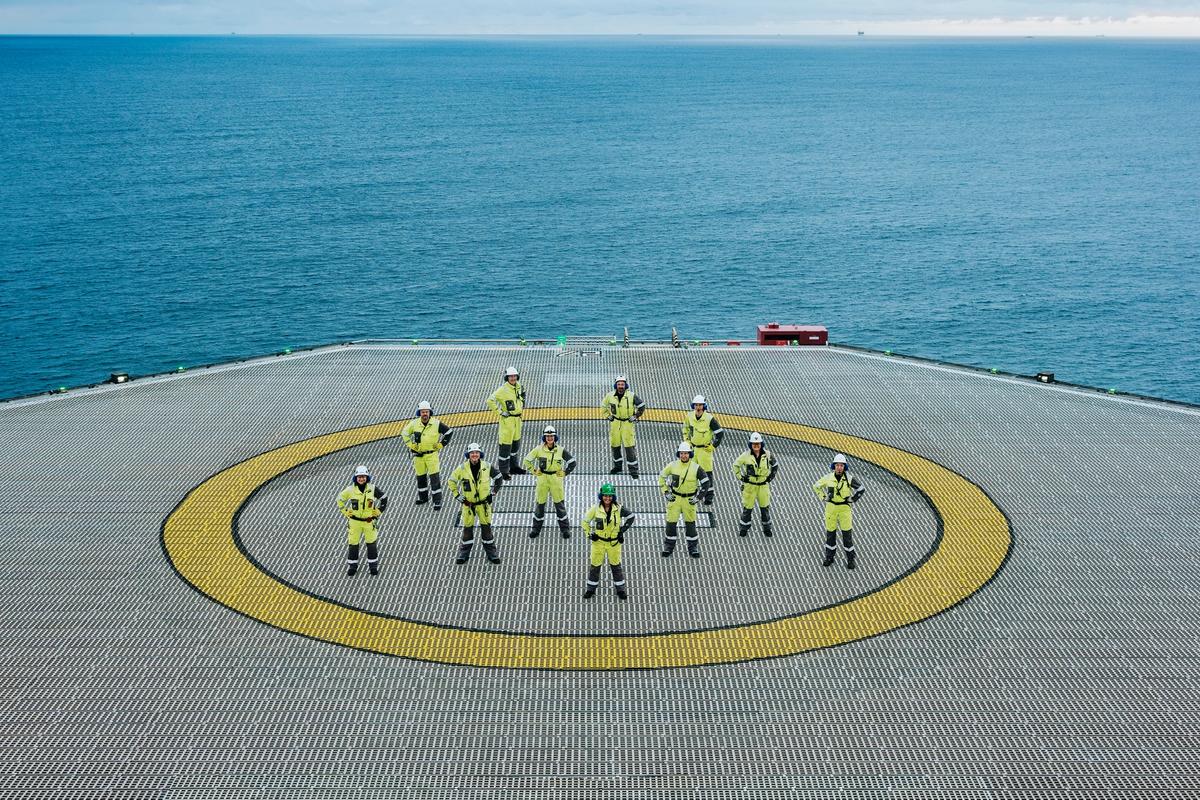When the North Sea's next chapter is written, the new industries will continue to honor railway deputy Rolf Hellem's third oil commandment.
For years, station master Rolf Hellem had watched the trains entering the station in Narvik, iron ore transportation and the port industry. From here, the ore was shipped abroad and became the basis for new industries and jobs worldwide.
A few years later, in 1965, Rolf Hellem was elected as a member of the Norwegian parliament. Exploration for oil and gas on the Norwegian continental shelf was in its infancy. And four years later, one oil discovery would change Norway forever: the Ekofisk field contained riches beyond all expectations.
In his small apartment in Oslo, Hellem scribbled down a list that would be of key importance to Norway’s success in utilising its resources for the good of the entire nation. The list later became known as “The Ten Oil Commandments,” and it served as the framework for politicians’ early work on regulating the oil and gas industry.
The connection between the development of industry and local communities is stated in the third “commandment”: “Oil and gas should form the basis for new trade and industry.”
In physics, all forms of energy are united by the principle that energy cannot be lost; it can only be transferred from one place to another. In many ways, Hellem had the same approach to Norway’s newly discovered resources: they were to be put to work all over Norway and create new energy in the form of new industries, jobs, and ideas. Since then, Norway has developed world-leading technology and supplier industries across the country, with their basis in the oil and gas industry.


